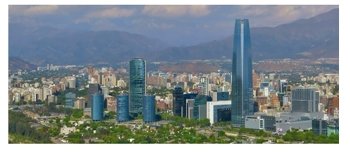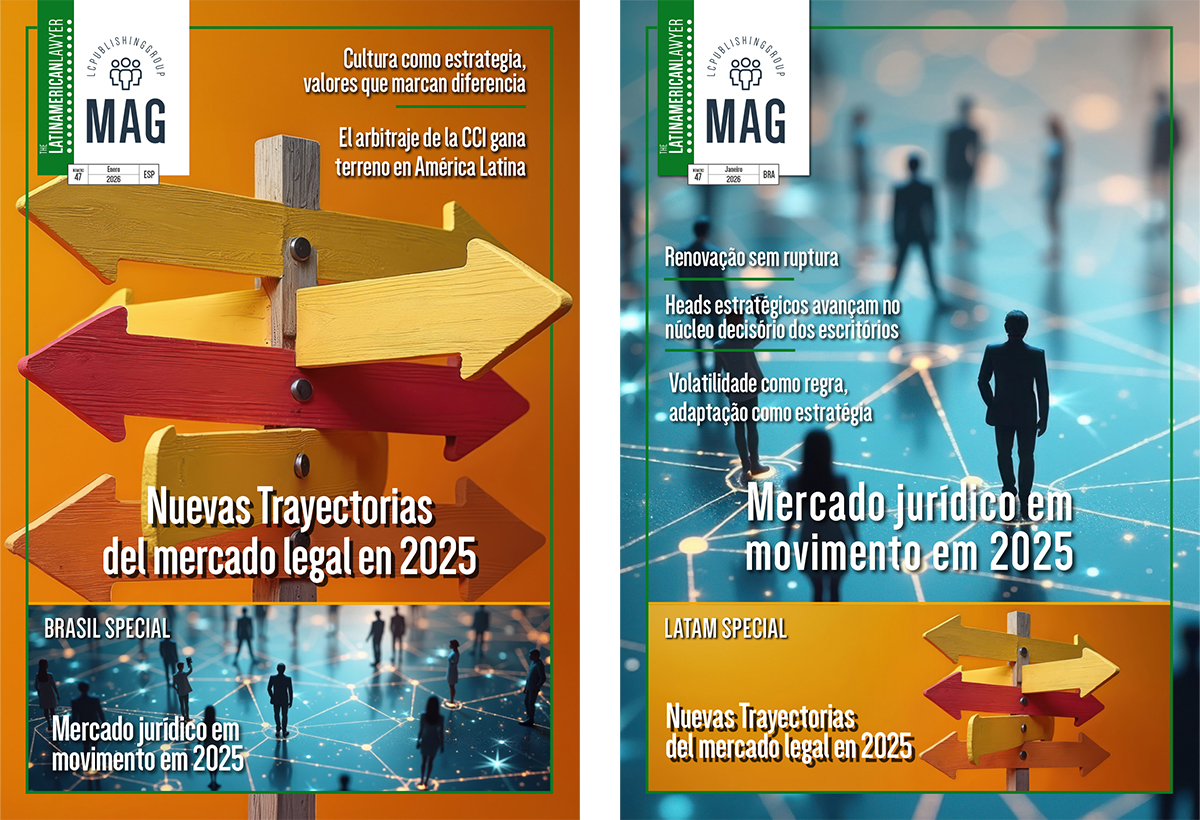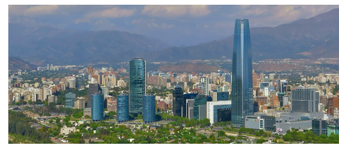More competition enforcement in Chile driving demand for legal advice

New reforms introduced criminal penalties for cartel involvement and larger fines for anticompetitive behaviour
Competition enforcement has significantly increased in Chile since the passing of legal reforms that introduced mandatory premerger notification and a two-phase merger control system.
Prior to these reforms, which became effective in June 2017, premerger filings in Chile were largely voluntary, with exceptions applying to specific market sectors. As a result of the changes, mandatory premerger notification is required when at least two of the entities involved have annual sales in Chile of approximately $12 million individually, or if the merging entities have joint sales in Chile totalling $80 million. The way to calculate sales depends on the nature of the transaction, according to Benjamin Grebe, partner at Chilean law firm Prieto. “This is a big change and a challenge, both for companies and for the FNE [Fiscalía Nacional Económica],” he adds.
Criminal penalties
Andrés Rioseco, founding partner at González & Rioseco, says the amendments also introduced changes such as criminal penalties for cartel involvement, an increase in fines for anticompetitive behaviour and enforcement procedures for interlocks between competitors. Rioseco says fines could be as high as 30 per cent of the breaching party’s sales or double the amount of the profits made from the breach. In cases where the amount cannot be easily calculated, the fines could go up to $55 million, he explains.
The new merger control review system, which currently does not have a set of precedents from the FNE, presents a major challenge for companies, according to Grebe, as does the interpretation of the “per se” rule and how efficiencies could be used as a defence in a collusion accusation.
It is important that companies doing business in Chile are aware of these changes, particularly the new powers awarded to the FNE, says Rioseco. The economic prosecutor is now able to file criminal complaints, set thresholds and receive notifications of merger operations as well as conduct studies on the competitive evolution of markets, make recommendations for regulatory changes and ensure compliance with resolutions. “Clients operating in Chile should be reinforcing their preventative measures, their compliance programmes and their auditing practices to adjust to the new regulation,” Rioseco says.
In such an environment, Grebe anticipates an increasing caseload for law firms in addition to an increase in the number of lawyers focusing on antitrust. “More M&A and corporate lawyers will get involved with work on merger filings before the FNE – in addition, criminal law practitioners will also get involved with antitrust, since the new legislation added criminal sanctions,” he says.
















